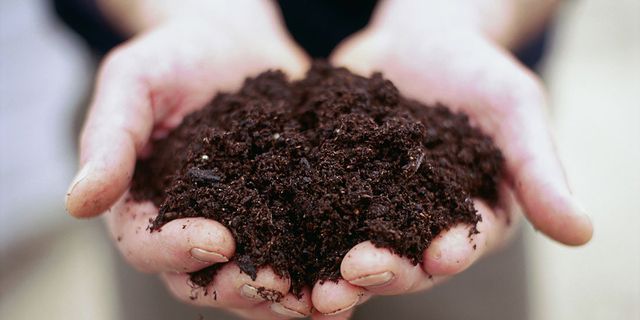Soil Improvment


Improving soil organically involves building up the fertility and structure of the soil using natural methods, without the use of synthetic fertilizers or harmful chemicals. Here are some ways to improve soil organically:
Composting: Composting is the process of breaking down organic matter, such as kitchen scraps, yard waste, and manure, into a nutrient-rich soil amendment. Adding compost to soil can improve its structure, increase its water-holding capacity, and provide essential nutrients for plant growth.
Cover cropping: Planting cover crops, such as clover, rye, or buckwheat, during fallow periods can help improve soil health. Cover crops can suppress weeds, prevent erosion, and add organic matter to the soil as they decompose.
Mulching: Adding a layer of organic material, such as leaves, straw, or wood chips, to the soil surface can help retain moisture, suppress weeds, and gradually break down to provide nutrients for plants.
Crop rotation: Rotating crops, such as planting legumes one year and grains the next, can help reduce soil-borne diseases and pests, as well as build up soil fertility by alternating between crops that have different nutrient needs.
Adding organic amendments: Adding organic amendments, such as composted manure, bone meal, or blood meal, can provide additional nutrients for plant growth. However, it's important to use these amendments in moderation, as overuse can lead to imbalances and soil pollution.
By using these organic methods to improve soil, you can create a healthy and sustainable environment for your plants to thrive.
